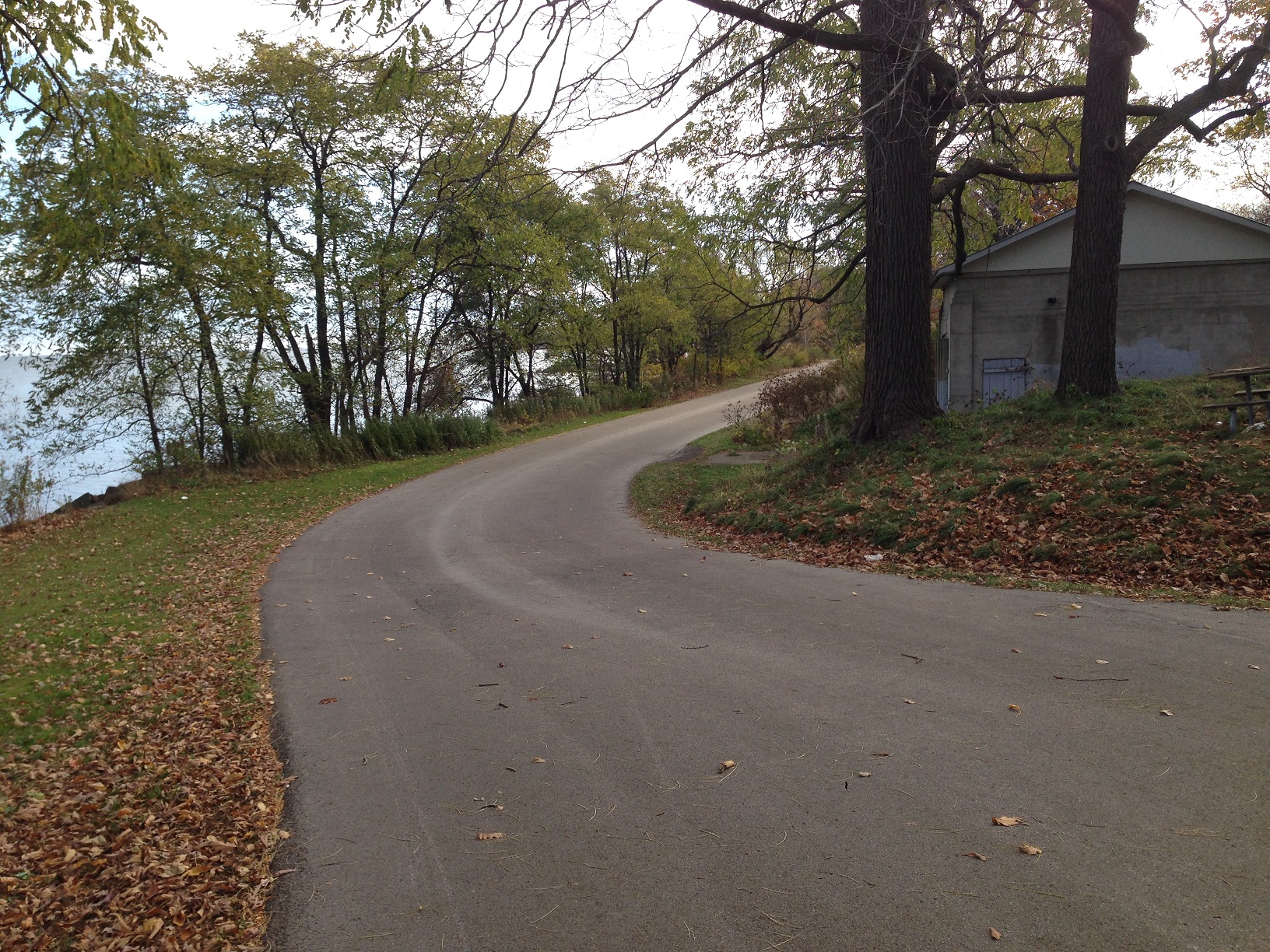The surprise of a sudden cardiac arrest can challenge what we believe about how the world works. If you believe in a universe guided by the laws of physics and the randomness of quantum mechanics, there may be very little discordance between your beliefs and what happened to you. If, however, you believe in a universe guided by the hand of a loving, just, and benevolent God, there can be profound dissonance between your beliefs and traumatic experience.
When someone experiences trauma, it is natural to try to understand or make sense of what happened. We wonder: “why me?”. For many, the traumatic experience challenges their worldview and, in particular, points to the apparent contradiction between God’s benevolence and what happened to them. Some people can reconcile the contradiction with religious interpretations, and this strengthens their belief: “It’s God’s plan”, “It wasn’t my time to go”, “If He had wanted me, He would have taken me”, “Everything happens for a reason”, “I’m blessed”, “We’ve all sinned”, or “I’ve been given a second chance”. Those who find it more challenging to reconcile their experience with what they believe tend to revise their beliefs about God or abandon them. Reconciliation or balance is achieved by employing religious beliefs or changing or abandoning them.
Having a religious near-death experience, such as being with God or dead loved ones, likely supports and strengthens existing religious belief. These experiences are perceived as evidence or proof of God and the afterlife. Not having these experiences can severely challenge belief because of the expectation that we will have them when we die.
Perhaps the difference between the two outcomes – strengthened or weakened belief in God – has to do with the strength of our belief before it was challenged and the magnitude of the trauma (for example PTSD, loss of income and personal relationships, physiological and cognitive challenges). If the trauma is experienced as minor, there is less reconciliation required. If religious belief is not deep-rooted and strong, there is less of a foundation for a religious justification.
There is no right or wrong when we do what we need to do to restore the balance between what we believe and what we experience, especially after the trauma of a sudden cardiac arrest. Take your time. Heal.
